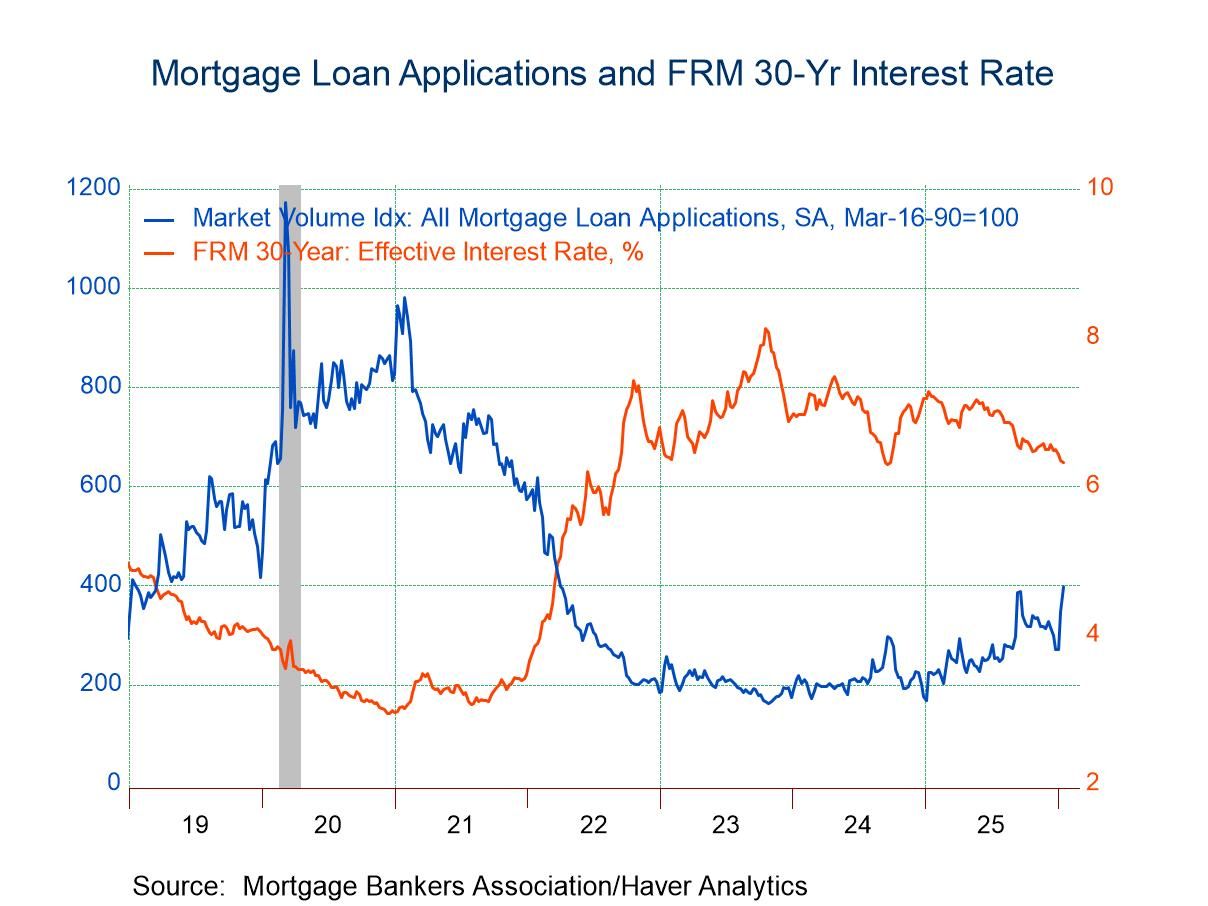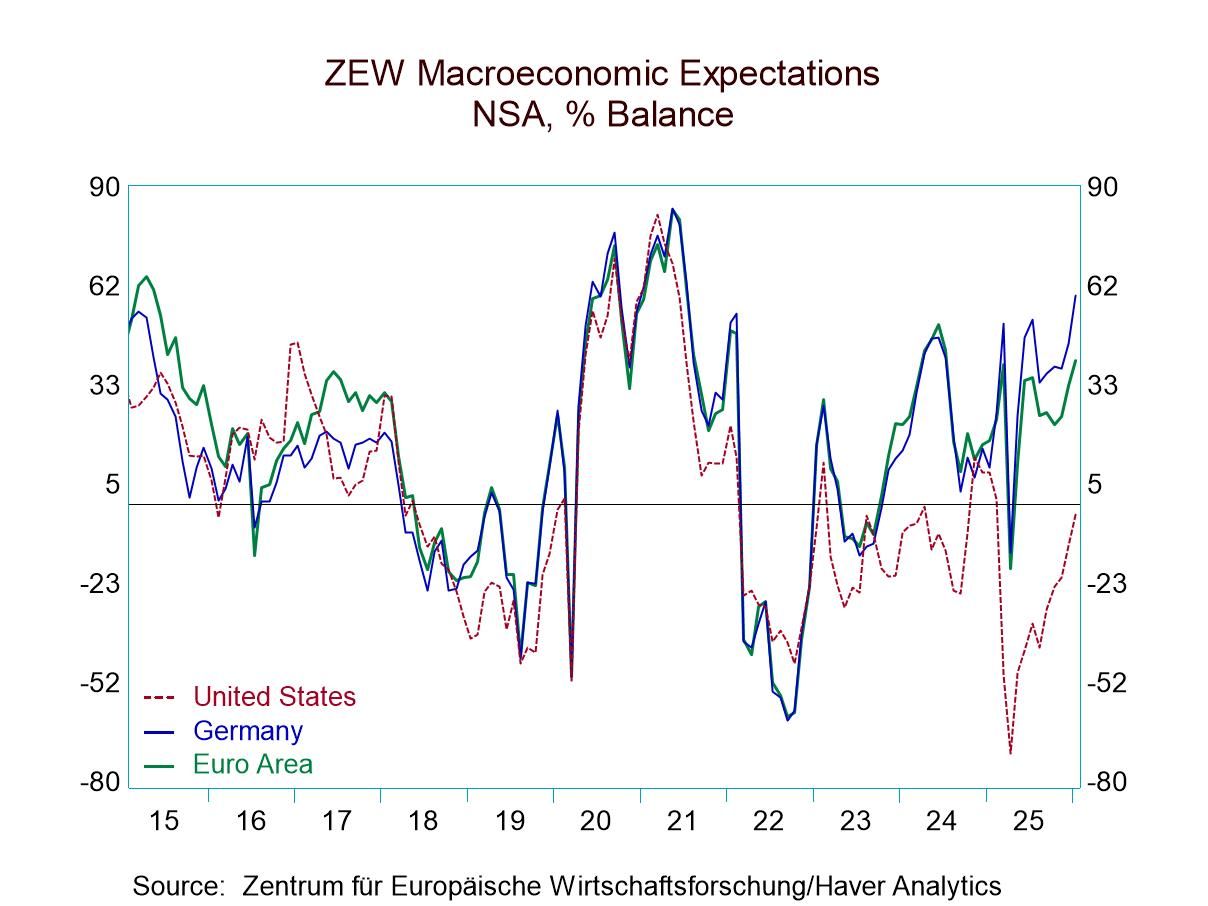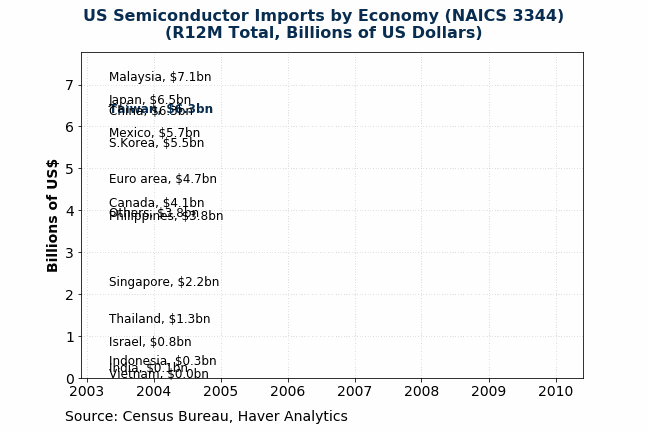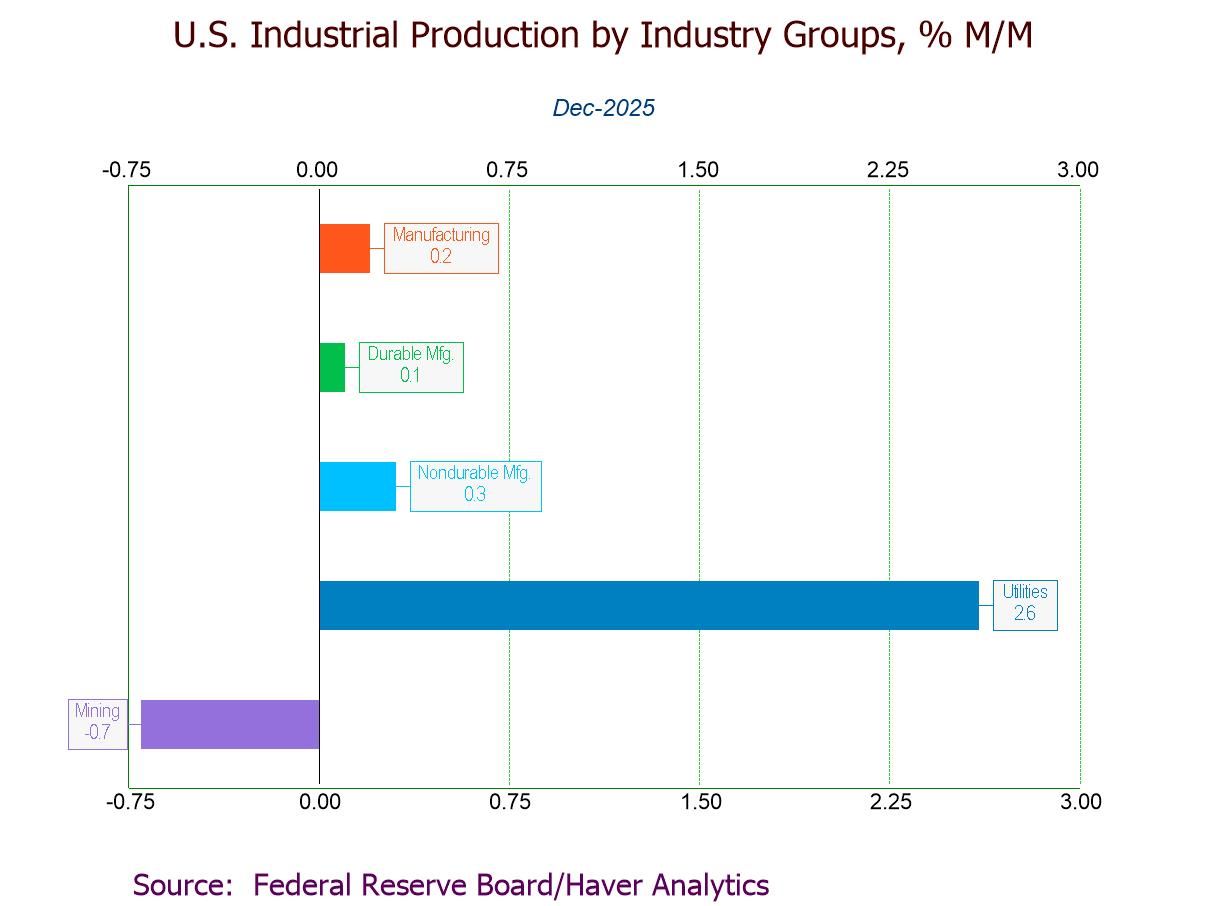 Global| Nov 02 2010
Global| Nov 02 2010MFG PMIs Advance In Month: Is That All There Is?
Summary
The EMU MFG PMIs rose in much of the Zone in October. The weighted EMU reading advanced by nearly one point While the German index rose by 1.6 points, a rise that still failed to shake off the cumulative drops of the previous two [...]
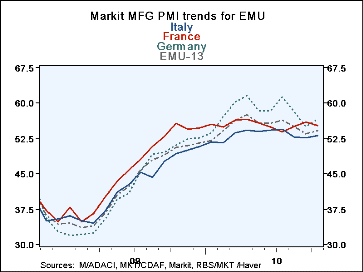 The EMU MFG PMIs rose in much of the Zone in October. The weighted EMU reading advanced by nearly one point While the
German index rose by 1.6 points, a rise that still failed to shake off the cumulative drops of the previous two months.
The EMU MFG PMIs rose in much of the Zone in October. The weighted EMU reading advanced by nearly one point While the
German index rose by 1.6 points, a rise that still failed to shake off the cumulative drops of the previous two months.
The data at the far right of the table show what the MFG indices have done in the recovery period so far. The EMU measure is within in 3.1points of its pre-downturn peak. Germany actually has already reached a new peak in the recovery and is five points lower than that.
Most economies have made huge strides in rebounding from their cycle lows. Germany is up some 24 diffusion points from its low. On the other end Greece is only up by 5.5 points from its low and remains some 11 points off its past cycle peak. Apart from Greece only Italy and the UK among large EU economies are not up by 20 points or more from their respective lows but each of these is close to that mark. Spain, for example is up some 22 points from its cycle low and is off from its cycle high by 6 points despite fighting off austerity effects.
The Zone is making progress. But there remains uneven results. The Zone and its members are generally off from their recovery cycle best readings. The chart shows that very clearly. It is still hard to say if this month is the re-invigoration of the upturn or just fighting off the forces that are trying to put growth into decline.
Since we know Europe has embraced austerity on a broad front the easiest conclusion is that this month represents some sort of rear guard action to fight off the eroding grasp of oncoming weakness. Although the PMIs are up on the month there is little in train to give us reason to believe that there will be much follow up in November. France, for one, will be fighting off the impact of its public demonstrations against raising the retirement age. Germany and the UK have austerity programs in place along with Spain and now Portugal. Conditions in Ireland have become more challenging. October may have been the last gasp of better numbers rather than a watershed of renewed recovery.
| Changes in Markit MFG Indices | ||||||||
|---|---|---|---|---|---|---|---|---|
| Changes Mo/Mo | Change on Frequency | |||||||
| Oct-10 | Sep-10 | Aug-10 | 3Mo | 6Mo | 12Mo | From Peak | From Low | |
| Euro-13 | 0.94 | -1.44 | -1.59 | -2.09 | -2.97 | 3.87 | -3.1 | 21.1 |
| Germany | 1.56 | -3.14 | -3.03 | -4.61 | -4.96 | 5.57 | -5.0 | 24.7 |
| France | -0.78 | 0.91 | 1.20 | 1.33 | -1.37 | -0.43 | -2.0 | 20.4 |
| Italy | 0.46 | -0.29 | -1.56 | -1.39 | -1.29 | 3.77 | -4.5 | 18.4 |
| Spain | 1.58 | -1.56 | -0.41 | -0.39 | -2.09 | 4.92 | -6.0 | 22.7 |
| Austria | -0.11 | 0.21 | -2.95 | -2.85 | -4.31 | 4.97 | -4.3 | 22.9 |
| Greece | -1.05 | 1.69 | -2.29 | -1.65 | -0.03 | -4.35 | -11.7 | 5.5 |
| Ireland | 2.47 | -2.69 | -0.31 | -0.53 | -2.52 | 2.88 | -4.5 | 17.7 |
| EU | ||||||||
| UK | 1.41 | -0.54 | -2.30 | -1.43 | -2.80 | 2.10 | -3.0 | 19.6 |
| Percentile is over range since March 2000 | ||||||||
Robert Brusca
AuthorMore in Author Profile »Robert A. Brusca is Chief Economist of Fact and Opinion Economics, a consulting firm he founded in Manhattan. He has been an economist on Wall Street for over 25 years. He has visited central banking and large institutional clients in over 30 countries in his career as an economist. Mr. Brusca was a Divisional Research Chief at the Federal Reserve Bank of NY (Chief of the International Financial markets Division), a Fed Watcher at Irving Trust and Chief Economist at Nikko Securities International. He is widely quoted and appears in various media. Mr. Brusca holds an MA and Ph.D. in economics from Michigan State University and a BA in Economics from the University of Michigan. His research pursues his strong interests in non aligned policy economics as well as international economics. FAO Economics’ research targets investors to assist them in making better investment decisions in stocks, bonds and in a variety of international assets. The company does not manage money and has no conflicts in giving economic advice.



